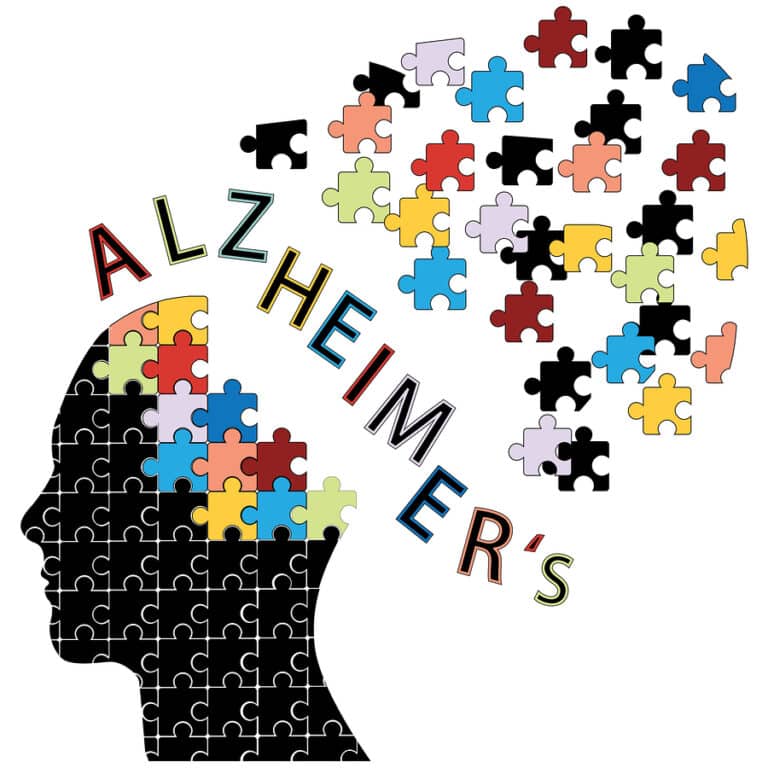Your husband of more than 40 years was recently diagnosed with Alzheimer’s. You had been worried about him for at least a year, possibly even because you noticed certain symptoms that caused concern. In most cases, a person will exhibit various signs and symptoms of Alzheimer’s for about a year or two before they visit their doctor for a formal diagnosis.

Only a licensed medical professional can diagnose a person with any form of dementia, including Alzheimer’s.
However, perhaps you recognized that something was a bit different, he was struggling to remember where he put the car keys, walked into a room and forgot what he was about to do, and even forgot conversations he had with you hours earlier.
When you retired, you both had great ambitions. You wanted to travel, visit a few art galleries and museums, and spend more quality time together. However, in the time since your medical expenses have outpaced that pension and Social Security you’ve been receiving. Now, you basically have enough to keep the house, pay for the electric, and get a few gifts for your grandkids and travel and visit with family every so often.
The idea of hiring a home care aide to support your husband seems almost laughable.
So, you have taken on this incredible responsibility yourself, but what is that going to mean? At first, many people think it’s going to be no different, really, to look after this spouse, aging parent, or even a grandparent who has been diagnosed with Alzheimer’s. How hard could it really be? That’s a common question, especially when they see the most basic and earliest signs and symptoms of Alzheimer’s disease.
Offering a reminder about conversations, keeping a calendar with appointments and other information on it readily accessible, usually in the kitchen, and having a bit of extra patience can go a long way.
The question shouldn’t be can you afford it, but can you afford not to?
That’s because experienced home care aides understand how important developing routines is going to be for somebody with Alzheimer’s. They also have a greater understanding and expectation for what may transpire in the years ahead.
Even though you may understand certain behaviors could change, as happens often, the family can easily be taken by surprise by the verbal and physical aggression from even the most docile, loving, caring individuals dealing with Alzheimer’s.
Depending on your financial situation, there may be options through your insurance carrier, long-term care insurance if you plan to head, or even Medicare and Medicaid that could help to some extent. Things are changing and Medicare Advantage will be experimenting with a new option next year for home care support that could provide better access to assistance for some seniors, too.
If you or an aging loved one is considering Homecare in Fairfax, VA, please contact the caring staff at Access Home Care Inc. Proudly Serving Northern Virginia and Surroundings for over 12 years.
Call Us: (703) 765-9350
“My desire to enter into nursing started when one of my older sisters died of kidney disease due to lack of care. At age 15, I decided to enter into nursing so that I could provide quality care to patients.Upon arrival in United States at 21 years of age, I enrolled in T.C Willliams School of Practical Nursing while working as a nursing assistant at a nursing home. I also worked as a part-time home health aide to take of the elderly. After completion of my practical nurse education, I worked in geriatric psychiatry unit at Dominion Hospital and Arlington Correctional facility mental health unit.
I completed Marymount University in 2001 and entered into Home Care as a field case manager.
I held that position for 2 years and as an Administrator, and for another 2 years until Access Home Care was found in 2004."
Today, Access Home Care has over 300 employees and 286 clients.
- Five Tips for Living with Chronic Lower Back Pain - April 3, 2025
- How 24-Hour Home Care Is Different From Other Types Of Care - March 19, 2025
- Four Symptoms of Advanced Multiple Sclerosis - March 5, 2025



